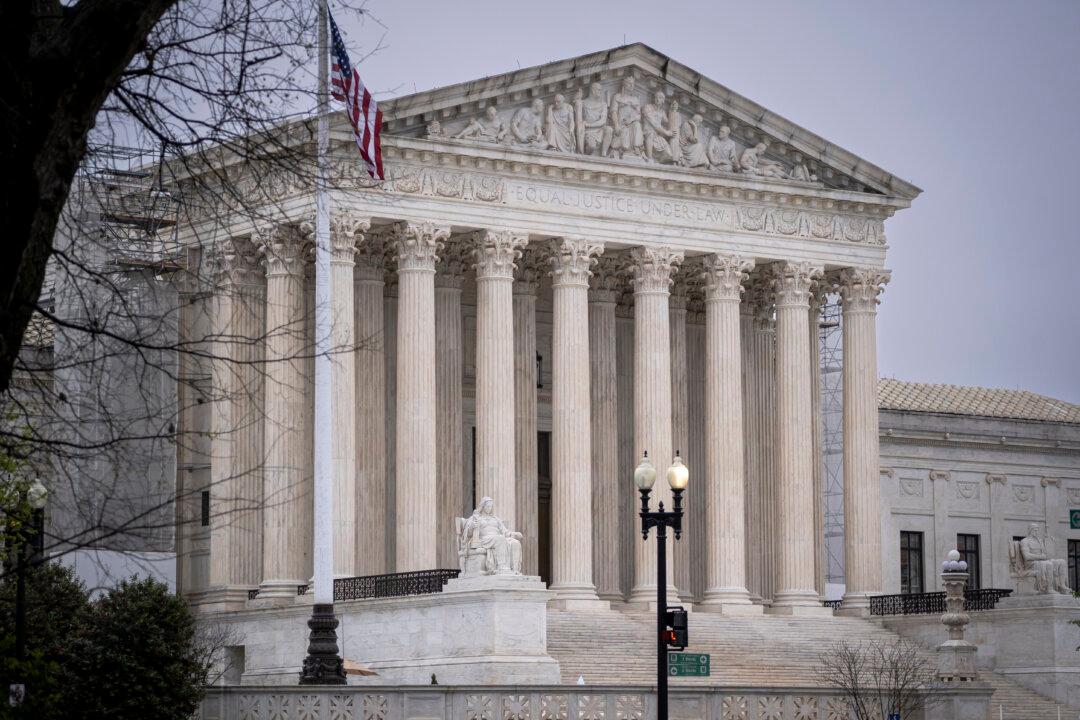The U.S. Supreme Court will hear arguments on today in a case that could affect the prosecution of many Jan. 6 defendants—including former President Donald Trump.
Ex-police officer Joseph Fischer has been charged with, among other things, obstruction of an official proceeding in connection with the Capitol breach.





